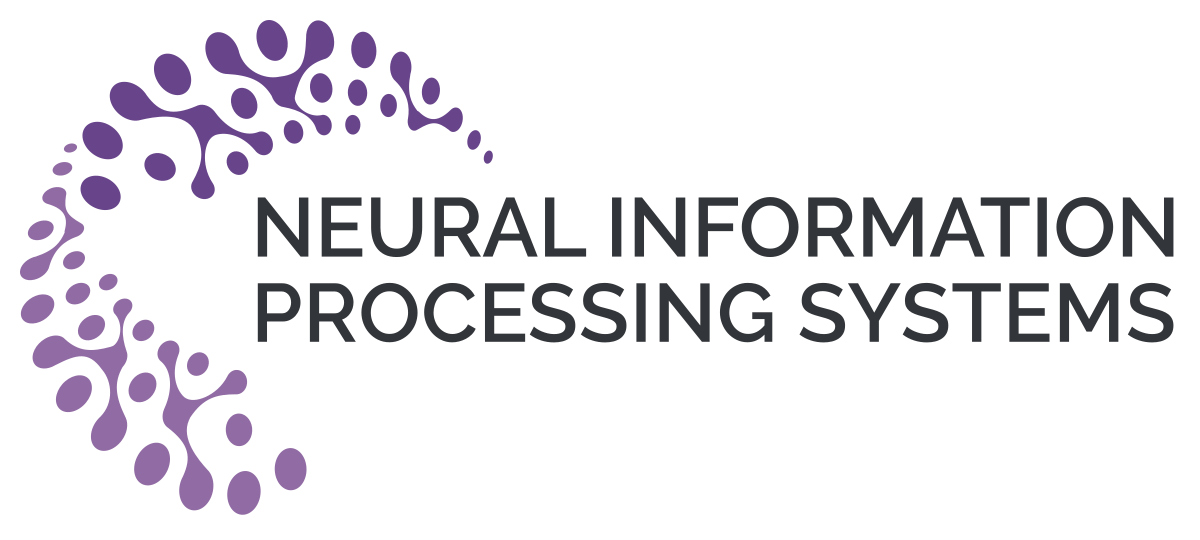Abstract:
We study the fixed-support Wasserstein barycenter problem (FS-WBP), which consists in computing the Wasserstein barycenter of $m$ discrete probability measures supported on a finite metric space of size $n$. We show first that the constraint matrix arising from the standard linear programming (LP) representation of the FS-WBP is \textit{not totally unimodular} when $m \geq 3$ and $n \geq 3$. This result resolves an open question pertaining to the relationship between the FS-WBP and the minimum-cost flow (MCF) problem since it proves that the FS-WBP in the standard LP form is not an MCF problem when $m \geq 3$ and $n \geq 3$. We also develop a provably fast \textit{deterministic} variant of the celebrated iterative Bregman projection (IBP) algorithm, named \textsc{FastIBP}, with a complexity bound of $\tilde{O}(mn^{7/3}\varepsilon^{-4/3})$, where $\varepsilon \in (0, 1)$ is the desired tolerance. This complexity bound is better than the best known complexity bound of $\tilde{O}(mn^2\varepsilon^{-2})$ for the IBP algorithm in terms of $\varepsilon$, and that of $\tilde{O}(mn^{5/2}\varepsilon^{-1})$ from accelerated alternating minimization algorithm or accelerated primal-dual adaptive gradient algorithm in terms of $n$. Finally, we conduct extensive experiments with both synthetic data and real images and demonstrate the favorable performance of the \textsc{FastIBP} algorithm in practice.









































